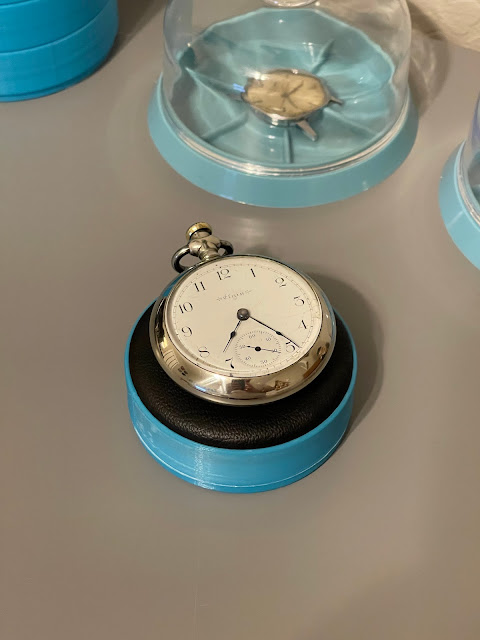The Bacon Number is a curious little game—one part parlour trick, one part cultural artifact. Looking back on the years of writing for Magic Margin, I often marvel at the strange and wonderful connections forged through this small celebration of analog life. But even I wasn’t prepared for this latest discovery. Revisiting The Typewriter (In the 21st Century), a documentary that feels both distant and immediate, I realized that through Richard Polt, a fellow typewriter enthusiast who appeared in California Typewriter, I am only three degrees from Kevin Bacon. Add Tom Hanks—actor, typewriter collector, and bridge between analog and mainstream culture—and there it is: the thread that ties typewriters to Hollywood. It’s a whimsical reminder that even the quietest corners of our analog past are part of an intricate, far-reaching web of human connection.
As I consider this odd, delightful connection, I can’t help but think of the wildfires that have are sweeping through Los Angeles, threatening the hills and the people that have been backdrops for so many films and stories. Nostalgia, typewriters, and Hollywood itself—all feel like part of the same ephemeral cultural forces that shape us and slip through our fingers. A typewriter, a memory of an old movie, or even a game about Kevin Bacon—they’re all artifacts of our desire to hold onto something real in a world that feels increasingly untethered. Perhaps that’s why we play these games, why we write these blogs, why we collect these machines. It’s all a way of leaving a mark, however fleeting, in a place forever on the edge of burning.
Joan Didion wrote powerfully about the risk of fires in Los Angeles, particularly about how the Santa Ana winds amplify the city’s sense of impermanence. "The dislocation, the disorientation, the destruction," she said, describing how these winds carry with them a sense of inevitability—a force that, in their unpredictability, seems to mirror the wildness of the culture itself. The same winds that whip through the hills, turning them into ashes, are the ones that carry memories of movies and typewriters, howling that nothing lasts forever. You are not permanent. Nothing is.

































